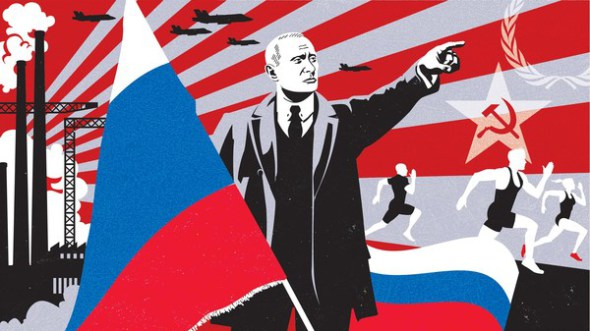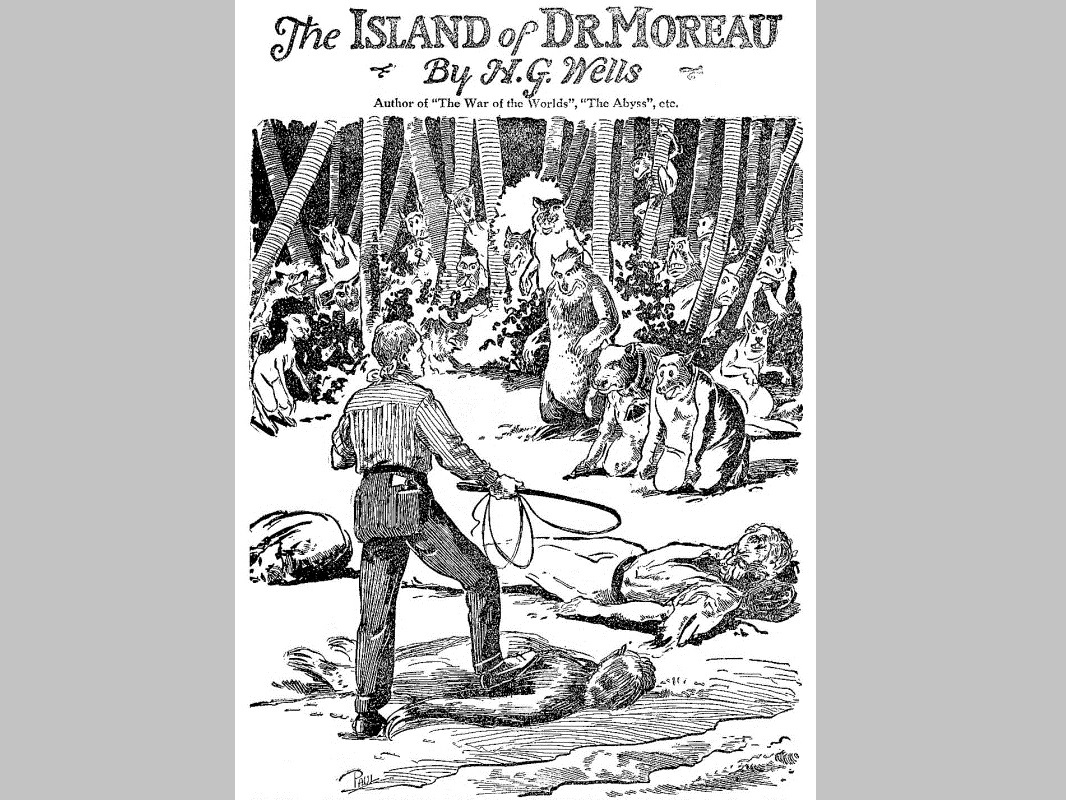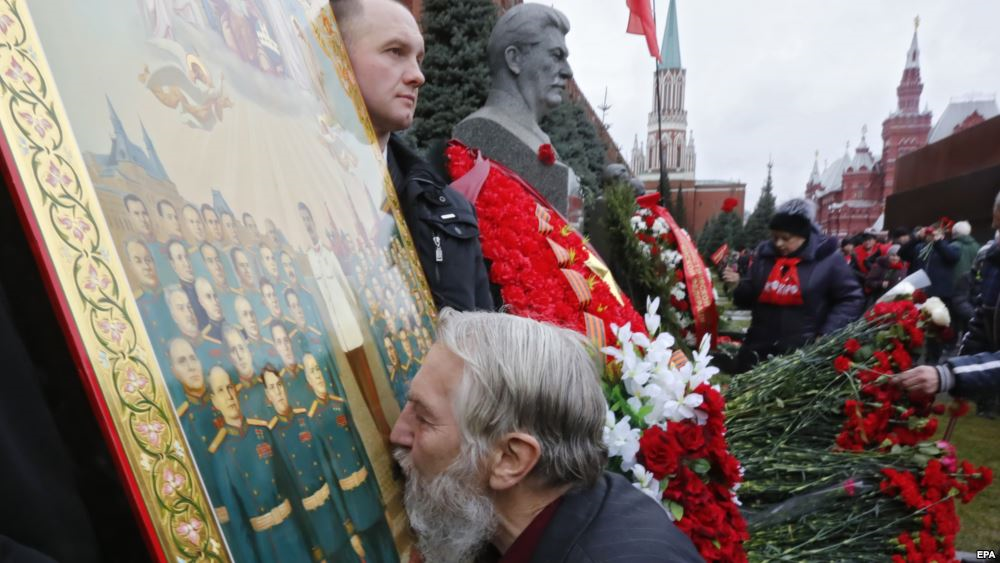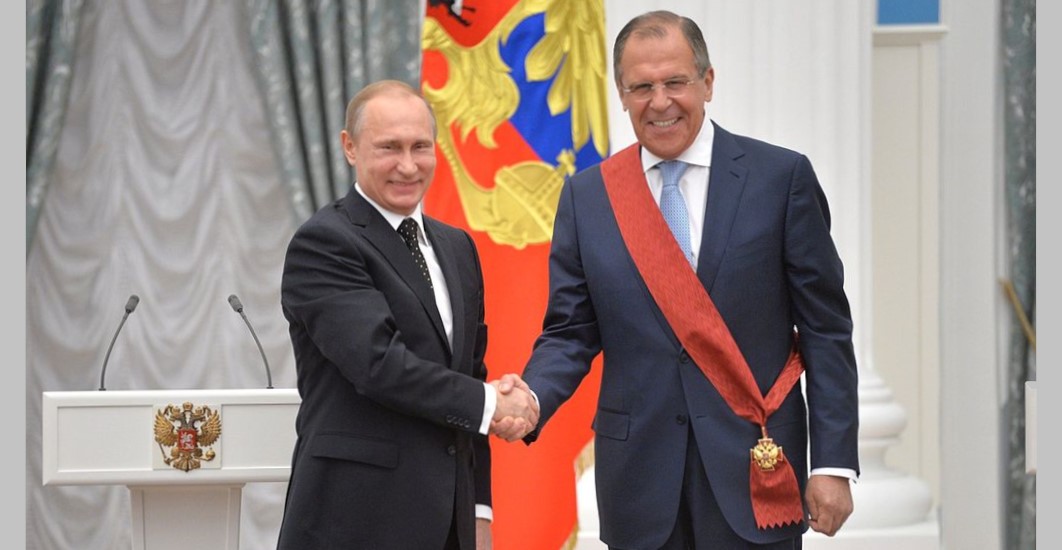
That makes him successful at retaining power, the London-based Russian analyst says, especially since the opposition refuses to recognize that Putinism is a reflection of the values of the population while they offer programs that demand that Russians change completely.
And because they do not root themselves in the population and its values, Pastukhov says, the opposition finds itself isolated, one-on-one against the regime which can count on the support of the population against the appeals of an opposition that remains tone deaf to the deep-seated values in the masses.
That is not possible because any leader will have to work within the corridors of opportunity that in part are defined by what the population wants or at least will put up with.
Russia decades from now will be in some degree similar to what it is now, Pastukhov says, “simply because it always will be like itself. This is a severe reality for those who dream about democracy or life ‘like in Switzerland,’” but it is the way things are and those who want Russia to change must start from there rather than from ideas at odds with that reality.
Both achieved stability because they recognized what the market would bear and sought to meet it as they pursued their own specific goals.
Unfortunately, Pastukhov continues, the Russian opposition today doesn’t understand this. Instead, it demonizes Putin and views his regime as if it were an occupation government that once pushed aside will allow Russia to be completely different. That view reduces the Putin regime to “’hanging in the air’” when it fact it is rooted in the population and it’s the opposition who is in the air.
And as a result, it invokes the masses as having an interest in its programs even as it continues to ignore the basic values of the Russian people. Not surprisingly, the Russian people aren’t responding to it.
And as long as “the opposition professes a philosophy of total denial” of the regime’s base in the population and the attitudes of that population more generally, the Russian analyst says, “the regime will feel itself secure.”
Putin has played to all three of these elements and especially to the last because one can say that “it is possible to take a Russian out of an empire, but it is impossible to take an empire out of Russians.” Because of their history, they want to stand alone and dominate others rather than be part of something larger, one of the clearest differences with Ukrainians who are quite ready to be part of a bigger project.
And “even when a representative of Russian intelligentsia speaks as a clear enemy and destroyer of empire, he in a paradoxical fashion remains ‘an imperialist,’ bearing as he does in himself his own variant of ‘the white man’s burden,’ the complex of the elder brother.
To defeat the Putin regime and Putinism will be needed some force that will separate the regime from the population by playing to the same three underlying attitudes and offering to do a better job meeting them than the current occupant of the Kremlin has, the London-based commentator says.
That may make the current opposition uncomfortable because it undermines their self-image as missionaries with values from the outside. But it is the only way forward.
“Putin’s opponents in the course of all this time have tried, without results, to play on other, much more ‘musical’ strings that have not often sounded in Russian history.” And as a result, “Putin isn’t afraid of the opposition: he is certain that the masses won’t respond to that other music.”
And that is possible because Putin has paradoxically created the conditions for the demise of his system by the internally inconsistent way he has pursued his goals.
He has restored the army, something the Russian people want, but he has restored the Soviet army rather than created a modern one and it continues to drag the country into dangerous wars. He has restored Russia as a world power, again something Russians desire, but at the price of international isolation.
Moreover, Putin has launched infrastructure projects, but in such a way that “the country loses more than it receives” because of the corruption of his regime. He has “gained” Crimea, but lost Ukraine and much else. And he has started wars with victories that in every case have proved Pyrrhic.
And this has led to the formation of two camps within the regime, the conformists and the non-conformists.
Both suffer, the first “because they have lost any contact with the masses” and the second because “they are completely overwhelmed” by what the masses want. Their conflict gives Putin room for maneuver, but “sooner or later,” this conflict will become “simultaneously” one between a pro-Putin and an anti-Putin group. And that will point to the end of the regime.
Read More:
- Putin’s new article – ‘ideological justification for a future war,’ Pastukhov says
- Moscow supports Northern peoples in ways designed to cost them their way of life and identity
- Moscow worried about possible moves to Orthodox autocephaly in Belarus and Moldova
- Putin’s Hostages, documentary about Ukrainian political prisoners of the Kremlin, available online
- Russia’s occupation of Crimea led to Ukraine losing 75% of its 2013 GDP
- How the USSR interfered in the 1964 US presidential election: KGB memo
- Reflexive control and hybrid warfare: an introduction into the 21st century Cold War
- ‘Russia may cut itself off completely from the West,’ Sergey Medvedev says
- Russians relocated to occupied Crimea now make up one-third of the population, experts say
- Putin views Ukraine as “the anti-Russia” and the struggle against it as his mission, Shevchuk says








